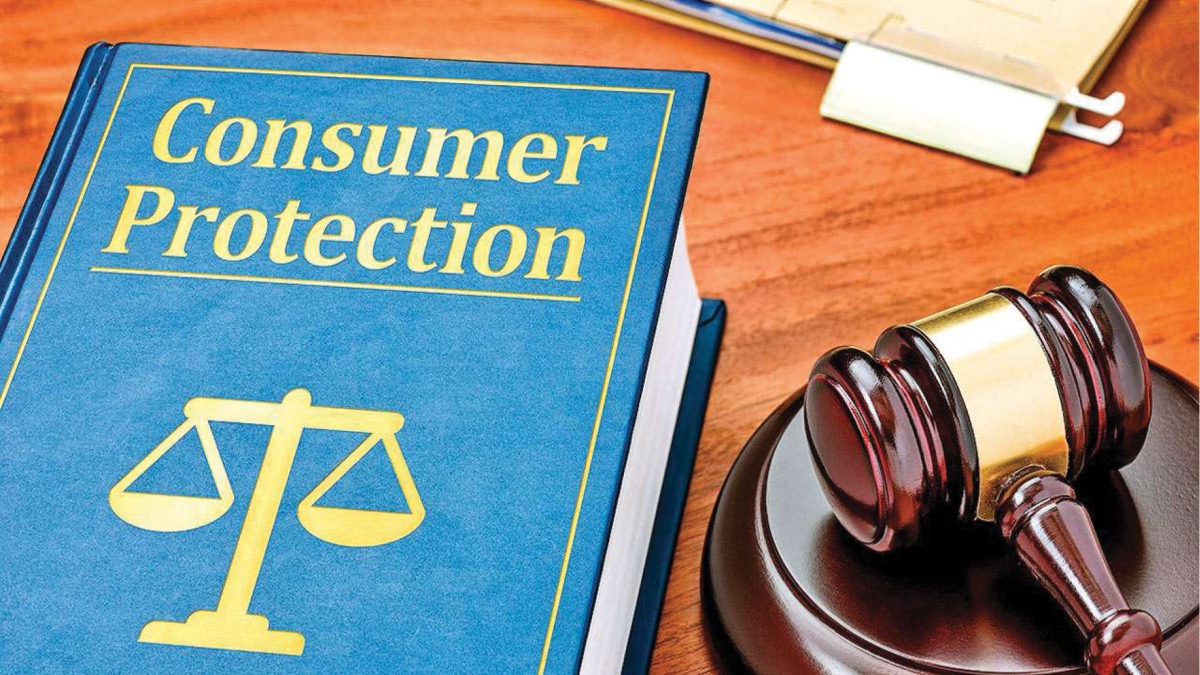
Introduction:
In the past decade due to the globalization and dynamic character of the market, relations between consumers and sellers have changed multi-fold. In the digital age, the E-Commerce market has eclipsed the traditional market to a reasonable extent. Thus, in the revolution brought by digitalisation Application of Consumer Protection Act, 1986 encountered many challenges and needed immediate attention. The legislation brought drastic changes and introduced Consumer Protection Act, 2019 which came into effect from 20th July, 2020. The new act aims to strengthen the scope of protection and enhance the rights provided by the virtue of previous legislation.
KEY CHANGES:
1. Application of provisions to e-commerce
The defence that e-commerce sector is merely a ‘platform’ or aggregator’ will not be accepted. All the rules and regulations which were earlier applicable to the direct selling market in India are now extended to the e-commerce sector by the virtue of new act. ‘E-Commerce’ has been defined under Section 2(16) of Act as “Buying or selling of goods or services including digital product over digital and electronic market.”
The guidelines make it compulsory for E-Business to disclose the seller’s details and policies regarding refund, return, delivery, shipment, warranty and guarantee. This is a paramount step as under the realm of digital marketing companies will be penalised for trading in defective goods and indulging in deficient services provided on online platform.
2. Extension of pecuniary jurisdiction
One of the major changes brought in by the Act of 2019 includes an extension of pecuniary Jurisdiction for all three adjudicating forums. By the virtue of Section 34 of Consumer Protection Act, 2019 the District Commission can now entertain the complaints up to Rs. 1 Crore, which earlier was restricted to Rs. 20 Lakh. Similarly, as per Section 47, the State Commission will now have jurisdiction over the complaints which exceeds Rs. 1 Crore but under the value of Rs. 10 Crore. Pecuniary Jurisdiction of National Commission is extended to complaints whose value exceeds Rs. 10 Crore as per Section 58 of the Act.
3. Extension of territorial jurisdiction
Previously, the consumer had to file a complaint only in the Consumer Courts where seller’s office was located or where he resides or where cause of action has arisen. This provision has now been expanded and it empowers the consumer to file a complaint in the consumer court where he resides of work. This expansion of territorial jurisdiction is an evidence of the objective of the act which is protection of the interest of consumers.
4.Product liability
Consumer Protection Act, 2019 not only protects the interest of the consumers at the time of exchange of goods and services but also from the aftermath of the same. Manufacturers or service providers would now be made liable for any harm, injury or loss suffered due to defective product or deficient service provided by them.
5. Central regulator
The Act provides for establishment of The Central Consumer Protection Authority (CCPA) which would address issues related to consumer rights, unfair trade practices or misleading advertisements. CCPA has the power to impose, on the endorser or manufacturer a imprisonment up to 2 years for misleading and deceptive advertisement. Repeated offence may attract a fine of Rs. 50 Lakhs and imprisonment up to 5 years.
6.Alternative dispute resolution
Section 37(2) of the act provides that the parties can go for the mediation for resolution of disputes between them. This process is voluntary and non-binding on the parties. For the purpose of said provisions the Consumer Mediation Cell (CMC) will be attached at District, State and National level.
CONFLICT OF INTERESTS
The legislature must take note that while protecting the interest of one party the rights of other should not be violated. New Consumer Protection Act, 2019 gives certain rights to the consumers but the liabilities of seller’s are expanded more than what was necessary. Number of Penalties against the sellers under this act has increased drastically. Moreover, the number of penal provisions has also been increased in the current act. This includes extension in the term of imprisonment as well as increase in the value of fine imposed. These provisions are in conflict with the concept of Equity before law and creates a disbalance of rights and liabilities between sellers and consumers.
Sellers should not be kept devoid of their basic rights. One such right violated is right to fair trial.
Transfer of case: Provision has also been included by the virtue of section 48 in the new Consumer Protection Act, 2019. In contrast with Transfer of case provisions mentioned under other statutory laws, section 48 of the act provides only the complainant to file for the transfer of case and bars the locus standi of seller to approach the court for the said reason.
In Criminal Procedure Code, 1973 sections 406, 407 & 408 deals with Transfer of Case. In all the three provisions every party interested is allowed to apply for transfer of case. Even in Civil Procedure Code under section 25 both the parties are allowed to apply for transfer of case.
Transfer of case provision is a way to ensure the litigant parties that for legislature the interest of justice is given supremacy even if it means change of adjudicating forum. Therefore, I believe ousting the Jurisdiction of Respondent to apply for transfer of case is violating of principle of equity and Right to fair trial.
Further, The Central Consumer Protection Authority (CCPA) is empowered to impose penalties on the manufacturers and seller’s for misleading advertisement. The appeal against such order can be made only under National Commission. The grounds for such appeal are not clear which leaves seller’s and legal fraternity in disarray.
WAY FORWARD
Consumer Protection Act, 2019 is revolutionary legislation that will bring numerous reforms in consumer rights. It includes certain provisions that are need of the hour in era of digitalisation like E-Filling, proceedings through Video Conferencing and inclusion of E-Commerce in the realm of Consumer Laws.
Though these provisions are in consonance with the objective of the act that is protection of interest of consumer, but the legislature should also understand that their giving rights to one may not result in the violation of another’s rights. As stated in the terms of Economics the best position of Market is Considered when there is an equilibrium. Similarly, the legislature should also maintain an equilibrium of the rights and liabilities between Sellers and Consumers while formulating laws for Consumer Protection.















